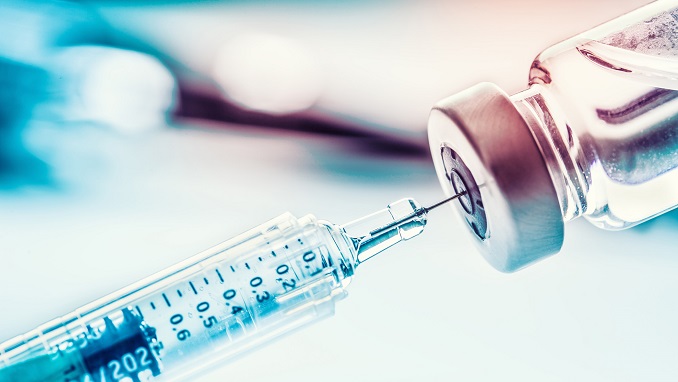Valuable experience from working on vaccines for Ebola and MERS made it possible to roll out a drug against the novel coronavirus a lot quicker than many expected, the head of the research center behind Sputnik V told RT.
Although the vaccine was created in just five months, it “wasn’t made from scratch,” Alexander Gintsburg, the head of the Moscow-based Gamaleya Research Institute of Epidemiology and Microbiology, told RT.
“A whole generation of biotechnicians, virologist, immunologists… have been for more than 20 years developing the technology that was used to create this vaccine along with at least six other drugs,” Gintsburg explained. He added that the work on the Ebola vaccine GamEvac-Combi several years ago was particularly helpful is determining things like the composition of the drug and immunization doses.
The researchers also utilized knowledge acquired during the development of the vaccine for Middle East respiratory syndrome (MERS), which is “80 percent homologous” to Covid-19, but more lethal, Gintsburg noted.
On Saturday, health officials announced the start of production of the Gam-COVID-Vak vaccine, dubbed Sputnik V, after the drug was registered by Russia’s health regulator. The news prompted questions if development of the vaccine was rushed, and if it is safe to distribute it before Phase III trials are complete.
Gintsburg responded to these concerns by saying that Sputnik V was developed in strict accordance with the country’s existing regulations. Russian law allowed shortening the development process due to the Covid-19 emergency. However, none of the safety procedures were sacrificed “in any way,” the researcher stated.
Companies in different countries have been working on vaccines since the Covid-19 outbreak began last December. Russia was the first nation to register a vaccine for the novel coronavirus. But for Gintsburg creating the drug was not about winning a race. “The only urge I felt was to protect people and, as a professional ‘germ hunter’, to catch and neutralize [the virus],” he said.
Overall, more than 21 million people have been infected by the coronavirus worldwide since the start of the outbreak, and over 766,000 have died, according to Johns Hopkins University.












